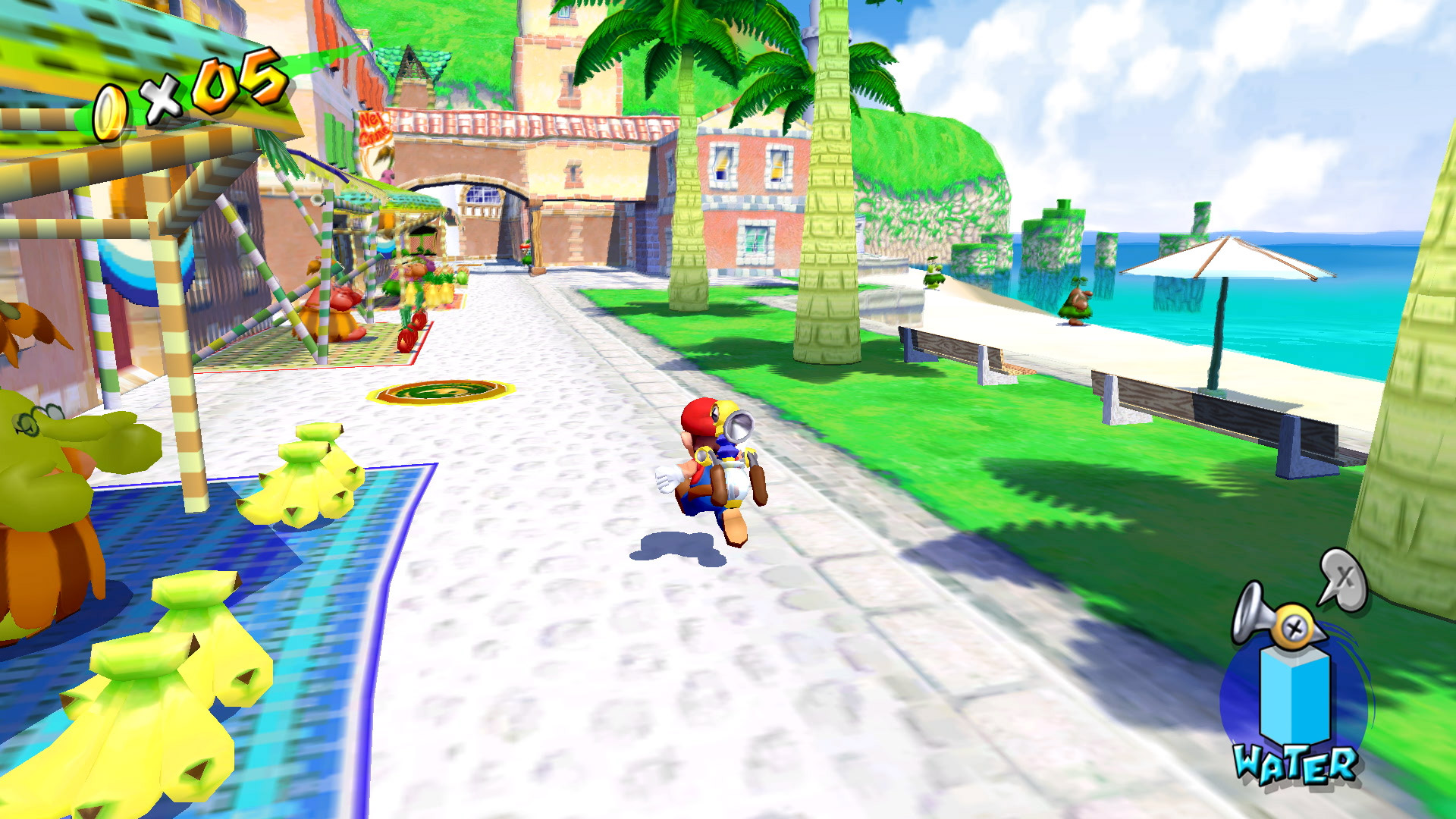In a digital age where the nostalgia for retro gaming is as alive as ever, the development and adaptation of emulators for newer gaming consoles remain a significant talking point among tech enthusiasts and gamers alike. Specifically, the introduction of Delta, a comprehensive emulator for iOS and iPadOS that supports a range of Nintendo consoles up to the N64, has enthralled iPhone and iPad users in Canada and beyond. This application has stormed the iOS App Store, proving that there's a strong appetite for retro gaming on modern devices.
Despite this enthusiasm, a noticeable void persists in the emulation of newer Nintendo consoles such as the GameCube and the Wii on Apple's platform. Many, including myself, harbored optimism that it was just a matter of time before we would see these advanced emulators grace the App Store. However, a deeper dive into the technical and policy constraints suggests a less hopeful future for such developments.
OatmealDome, the developer behind DolphiniOS, a prominent GameCube and Wii emulator for platforms outside of iOS, recently shed light on the substantial barriers preventing its App Store debut. According to a detailed blog post, the crux of the issue lies in Apple's App Store guidelines, specifically, the prohibition of apps that install executable code. For DolphiniOS to function on iOS devices, it must convert PowerPC instructions, native to GameCube and Wii consoles, into ARM-compatible code. This conversion is essential given the architectural differences between the CPUs of the consoles and modern Apple devices.
The process, known as just-in-time (JIT) compilation, is indispensable for running GameCube and Wii emulators like DolphiniOS. However, JIT compilation inherently involves executing new code not initially included with the app—an action clearly in violation of Apple's guidelines. OatmealDome notes that while it's technically feasible to operate DolphiniOS without JIT, it leads to abysmal performance levels, rendering games virtually unplayable. This insight underscores a stark reality: unless there's a willingness to endure glacial gameplay speeds (imagine a slow-motion race in *Mario Kart: Double Dash*), an official App Store release of DolphiniOS, or any comparable emulator, remains off the table.
Further exploration by sources like Arstechnica provides an even more comprehensive understanding of the technical challenges associated with JIT compilation. Despite these insights, the emulation community in Canada and globally holds little optimism about overcoming these hurdles. The situation leaves enthusiasts in a limbo, nostalgic for a contemporary emulation experience that, as of now, remains just beyond reach.
In light of these developments, the focus turns to alternative solutions and the future of app-based emulation on iOS. The case of DolphiniOS highlights the broader tension between innovative software developments and the rigid policies governing app marketplaces like the Apple App Store. While the emulation community may continue to seek workarounds, the scenario underscores the complex interplay between technology, policy, and the relentless pursuit of gaming nostalgia.
For enthusiasts eager to revisit the classics up to the N64 era, Delta offers a glimmer of hope and a taste of what could be possible with further advancements and, perhaps, a more flexible approach from platforms like the iOS App Store. As the landscape evolves, the dream of seamlessly playing GameCube and Wii games on modern Apple devices remains just that—a dream, at least for the foreseeable future in Canada and elsewhere.





